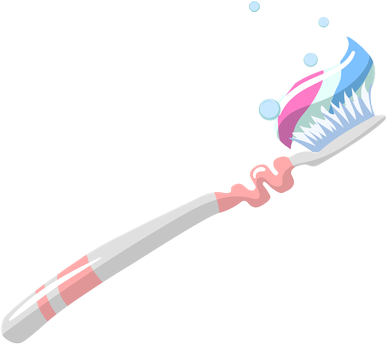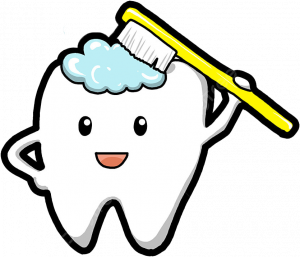 Bloomsburg, Danville, and Lewisburg, PA
Bloomsburg, Danville, and Lewisburg, PA
A successful dental visit for most patients may include the phrase, “no cavities.” However, other oral health conditions are just as problematic as tooth decay. Gum recession can be a serious oral health problem that could lead to complicated, expensive, and time-consuming treatments. Therefore, our Bloomsburg family dentists at Hamilton Dental Care explain the severity of receding gums and what can be done about it.
What causes gum recession?
Gum recession may develop from the following conditions:
- Incorrect brushing habits
- Poor oral health
- Gum disease
- Hormone fluctuations
- Bruxism (clenching and grinding your teeth while sleeping)
How can I tell if I have gum recession?
During the earlier stages of gum recession, many patients are not aware of their condition because symptoms may not be apparent. However, as receding gums worsen, teeth may become intermittently sensitive. Our family dentists in Bloomsburg warn that the following symptoms may indicate your condition is worsening and requires the attention of a professional dentist.
- Bad breath
- Inflamed gum tissue
- Bleeding when brushing or flossing
- Tooth sensitivity to hot or cold substances
- Aesthetic changes to your smile such as elongated teeth
How does gum recession affect my oral hygiene?
As gum recession occurs, the gums shrink away from the base of your teeth, exposing a more sensitive area of the tooth structure. This often results in a zing of pain when eating or drinking hot or cold substances or brushing your teeth. Unfortunately, the unprotected area does not have tooth enamel and could result in heightened sensitivity. This discomfort may cause you to want to avoid cleaning your teeth or even skip going to the dentist. But we urge you to stick to a thorough regimen of oral hygiene. Keep your teeth clean by brushing twice a day and flossing daily to inhibit plaque and tartar buildup. We also recommend seeing the dentist twice a year for checkups and cleanings because gum recession may make you more prone to tartar buildup below the gum line. These areas of the mouth can only be cleaned by a professional dental cleaning.
How can I manage and treat gum recession?
The first step in managing and treating gum recession is determining the extent of your condition with a visit to your friendly Bloomsburg family dentists at Hamilton Dental Care. During your exam, the dentist will identify potential oral health conditions and recommend the best treatment. By catching gum recession during the early stages, you may experience a more favorable treatment outcome. We advise patients experiencing gum recession to have it checked by the dentist because it could be a sign of a more serious oral health condition known as gum disease.
What happens if I leave my gum recession condition untreated?
Like most dental conditions, untreated gum recession can lead to advanced conditions such as tooth decay and tooth loss. Plus, receding gums may have an aesthetic effect on your smile. Merely ignoring the condition will only increase your risk of other potential oral health complications. If you would like to learn more about preventing or treating gum recession, contact Hamilton Dental Care by calling (570) 387-0533 and schedule a consultation. Our family dentists provide care for the areas of Bloomsburg, Danville, and Lewisburg.






Comments are closed